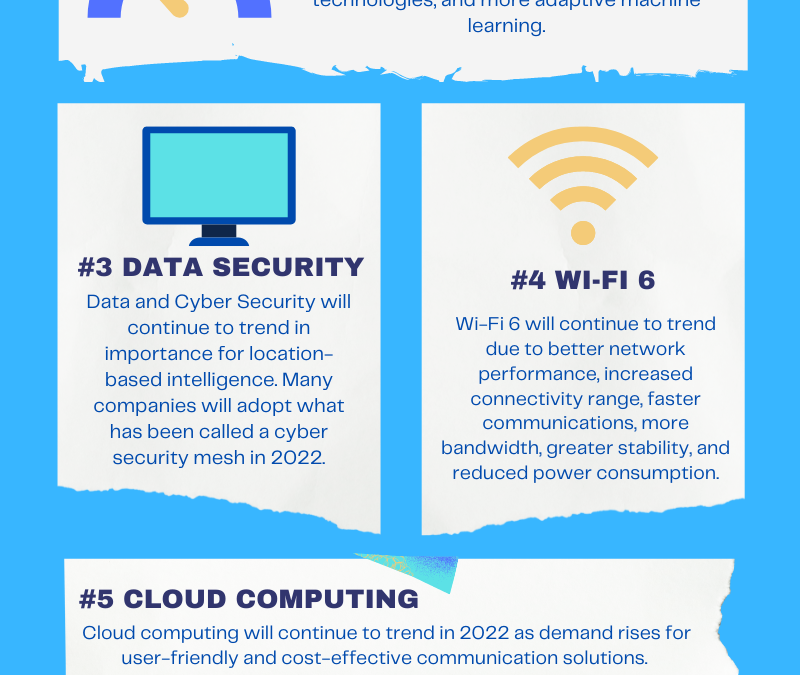 The Internet of Things (IoT) has emerged as a game-changer in the telecommunications industry. IoT is not just a buzzword; it’s a technological revolution that is reshaping the way we live and work. In this blog post, we will explore how IoT is transforming the telecommunications landscape and what it means for businesses and consumers alike.
The Internet of Things (IoT) has emerged as a game-changer in the telecommunications industry. IoT is not just a buzzword; it’s a technological revolution that is reshaping the way we live and work. In this blog post, we will explore how IoT is transforming the telecommunications landscape and what it means for businesses and consumers alike.
What is IoT?
The Internet of Things refers to a network of interconnected devices and objects that can communicate with each other and exchange data over the Internet. These devices can range from everyday items like smartphones and smartwatches to industrial machinery, vehicles, and even household appliances. By 2025, 38.6 billion IoT devices are predicted to be in use worldwide. IoT enables these devices to collect and share data, which can then be analyzed and used to make intelligent decisions and automate various processes.
Benefits of IoT in Telecommunications
Enhanced Connectivity:
- IoT relies heavily on a robust and high-speed network infrastructure, which is where telecommunications companies come into play. These companies are expanding and upgrading their networks to support the massive influx of IoT devices. The result is faster and more reliable connectivity, making it possible for IoT devices to function seamlessly.
Improved Efficiency:
- IoT technology allows businesses to monitor and manage their assets remotely. This includes tracking the performance of machines on the factory floor, monitoring energy consumption in buildings, or optimizing logistics and supply chain operations. This increased efficiency translates into cost savings and improved productivity.
Smart Cities:
- IoT is also driving the development of smart cities. Telecommunications companies are partnering with local governments to create interconnected urban environments that use sensors and data analytics to improve services such as traffic management, waste disposal, and public safety.
Healthcare Transformation:
- IoT has the potential to revolutionize healthcare by enabling remote patient monitoring and telemedicine. Telecommunications companies are facilitating the transmission of critical health data between patients and healthcare providers, ensuring faster response times and better patient care.
Consumer Applications:
- In the consumer space, IoT has given rise to a plethora of smart devices, from smart thermostats and home security systems to wearable fitness trackers. These devices rely on telecommunications networks to deliver real-time data and updates, providing consumers with convenience and peace of mind.
Challenges and Opportunities
While IoT offers tremendous opportunities for telecommunications companies, it also comes with challenges. Security concerns, data privacy, and the need for standardized protocols are just a few of the hurdles that must be overcome. However, with the right strategies and investments, these challenges can be addressed, and the telecom industry can continue to thrive in the IoT era.
The Internet of Things is revolutionizing the telecommunications industry in profound ways. With the growth of IoT devices and applications, telecommunications companies are at the forefront of enabling a more connected and efficient world. As technology continues to evolve, we can expect even more innovative solutions and transformative changes in how we live and work. Embracing IoT is not just an option; it’s a necessity for the telecommunications industry to remain competitive and relevant in the digital age.
Contact GeoTel to gain access to network location-based data.
Written By: Parker Hughes


